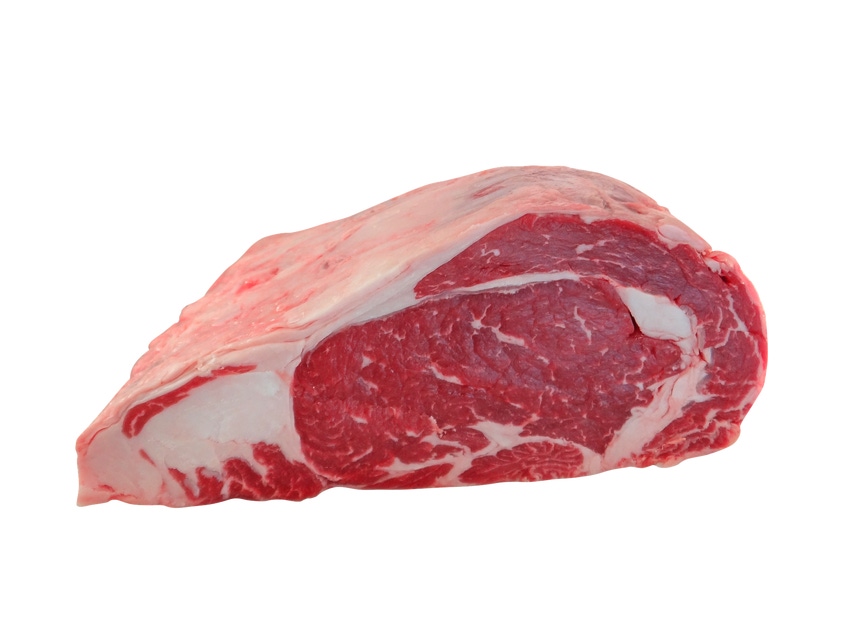Some say let’s move on and forget about the recent situation at HSUS but that’s actually a bit short-sighted particularly when looking at the big picture related to the animal right movement.
February 11, 2018

This column, or something like it, has simmered in the back of my mind for several years. However, I’ve just kept kicking the can down the road. However, the news of recent weeks now makes that impossible.
The resignations of Wayne Pacelle and Paul Shapiro at the Humane Society of the United States (HSUS) certainly came somewhat unexpectedly. My attention to all this was especially keen given that just last month I wrote about Shapiro’s new book, Clean Meat. But more important, from my perspective, Shapiro’s departure is especially significant given allegations surrounding his departure.
Shapiro’s HSUS exit stems from an enduring pattern of sexual harassment. Most disturbing is the assertion he encouraged a co-worker to have sex with a donor. Shapiro tells her to, “…take one for the team.” Apparently, the HSUS agenda toward, “seeking a humane world for people and animals alike,” doesn’t apply towards female employees. Shapiro seemingly views his female colleagues as nothing more than sex workers.
All this occurs on the heels of newly published research (Journal of Feminist Geography) that proclaims eating meat leads societies to adopt hegemonic masculinity. The author, Anne DeLessio-Parson (Penn State University) researched the effects of meat consumption and masculinity by interviewing 23 (correct: twenty-three) vegetarians in Argentina (because of the country’s “meat-centric” culture).
Her research was motivated by her previous experiences in Argentina where she lived as a vegetarian. According to Campus Reform, DeLessio-Parson noticed unique characteristics among male vegetarians during her time in Argentina and wanted to follow up on those observations. That is, male vegetarians “seem more egalitarian and respectful” and “more open about talking about how sexism exists.”
Those declarations aren’t new or innovative. To the contrary, it’s all very familiar. I was immediately reminded of Carol Adams book, The Sexual Politics of Meat. Adam’s explains the title refers to, “…what, or more precisely who, we eat is determined by the patriarchal politics of our culture, and that the means attached to meat eating include meanings clustered around virility. We live in a racist, patriarchal world in which men still have considerable power over women…” And the foreword written by Nellie McKay (British actress) ultimately proclaims that, “The book you are holding uncovers the interconnectedness between women’s exploitation and animals.”
So, while both authors want to change the world by reducing meat consumption, neither provide us with meaningful comparative research. That is, they fail to look at the big picture. For example, as a country, India possesses the second-lowest per capita meat consumption in the world. However, according to the Word Economic Forum, India’s Gender Gap Score ranks below both Argentina and the U.S.
Amidst all this, somewhere we’re supposed to believe that eating meat is influencing our psychology towards gender. I’m not buying it. The data just doesn’t support that claim. And certainly PETA doesn’t subscribe to that argument -– the organization readily endorses the objectification of women to push their agenda. Most significant, Pacelle and Shapiro undermine any-and-all validity associated with the argument against meat.
None of this discussion is meant to minimize mistreatment of women. To the contrary, it’s a topic of utmost importance in our home -– I have a 13-year old daughter. She’s intelligent and lovely (inside and out) and deserves the highest degree of respect.
To that end, sweeping generalizations about animal agriculture and subsequent treatment of my daughter in the real world are meaningless. Amidst all this discussion about sex, meat and politics, what the world needs is NOT more vegetarians. There’s no solution in that strategy. Rather, what it needs is more gentlemen.
About the Author(s)
You May Also Like

.png?width=300&auto=webp&quality=80&disable=upscale)

